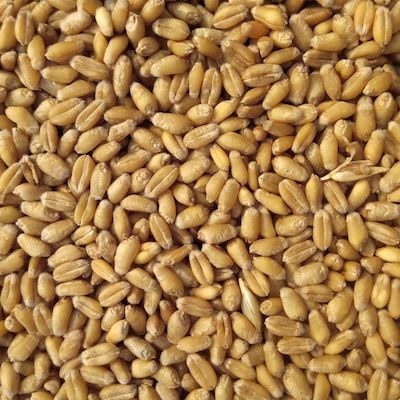CFIA seeking input on the Seeds Regulations
The Canadian Food Inspection Agency (CFIA) is running a Needs Assessment Survey from January 28, 2021 to March 15, 2021 to get feedback on potential changes to the Seeds Regulations. The survey will take 15 – 20 minutes to complete and farmer participation is essential. Find the survey here. You will find contextual info about the survey from the federal government here.
What are the Seed Regulations?
The Seeds Regulations exist to protect producers from fraud and poor quality seed, set seed grade standards, and establish variety registration protocols that breeders need to follow when creating new varieties. These regulations are crucial for the protection of Canadian seed security and farmer livelihoods.
The CFIA will use the results of this survey, along with the input of the Seed Regulatory Modernization Working Group (SEED-RM WG), to decide how they will amend the regulations. This survey is important because it will guide how Canada’s seed system will be regulated and to what degree the government or industry will be responsible for regulating aspects of the Canadian the seed sector.
Why is it important for you to fill out this survey?
Farmers and seed growers – especially those that practice organic and ecological farming – are underrepresented at the SEED-RM WG. It is absolutely essential that farmers, seed growers, and others who want to see a resilient seed system provide their input. Without your input, we risk undermining essential provisions in the regulations that protect farmers from bad quality seed and ensure that farmers can access the varieties they need.
Through the participatory plant breeding and seed conservation work of The Bauta Family Initiative on Canadian Seed Security, we have heard a wide range of perspectives on seed policy. These are some of the common themes that have emerged:
- Our seed system should be led by farmers.
- We need to support participatory variety development for agro-ecological production in order to mitigate and adapt to climate change.
- Farmers should be supported to grow and distribute heritage varieties and diverse landraces that provide benefits for seed diversity, crop rotations, and food security.
- Seeds are the legacy of countless generations of hard work by farmers and seed stewards – they belong to everyone and in the public domain.
Changes to the regulations could create new opportunities for participatory plant breeding and the distribution of heritage varieties and landraces. It is important that these changes do not come at the cost of removing or privatizing important public protections and services that benefit all farmers.
We see the results of this consultation process as directly impacting these areas and are calling for wide farmer participation to ensure your priorities are included.
Have your say on Canada’s seed system
We are glad to share this survey with you so you can let the CFIA know about the seed system you would like to see. A just and resilient seed system will require much more than regulatory amendments to become a reality; however, taking 15 – 20 minutes to make your voice heard through this survey is a crucial step.
If you have any questions about this survey or topics/concerns you would like to see reflected in SeedChange’s work surrounding the Seeds Regulations, please contact SeedChange’s Policy Analyst, Christopher Kelly-Bisson (ckellybisson@weseedchange.org).
Further Reading:
- National Farmers’ Union – Fundamental Principles of a Farmers Seed Act
- Canada’s Seeds Regulations
- Farmer Seed Systems: A Critical Contribution to Food Sovereignty and Farmers’ Rights
The Bauta Family Initiative on Canadian Seed Security, a program of SeedChange, works in partnership with organic and agro-ecological seed producers and farmers to advance agricultural biodiversity across Canada. EFAO is the host organization for the Bauta Program in Ontario. Through our Seed Program, we focused on advancing on-farm seed production work by facilitating opportunities for farmers to participate in on-farm research such as variety trialing and plant breeding, as well as training and education that offers valuable knowledge exchange with other growers in the region and beyond.

